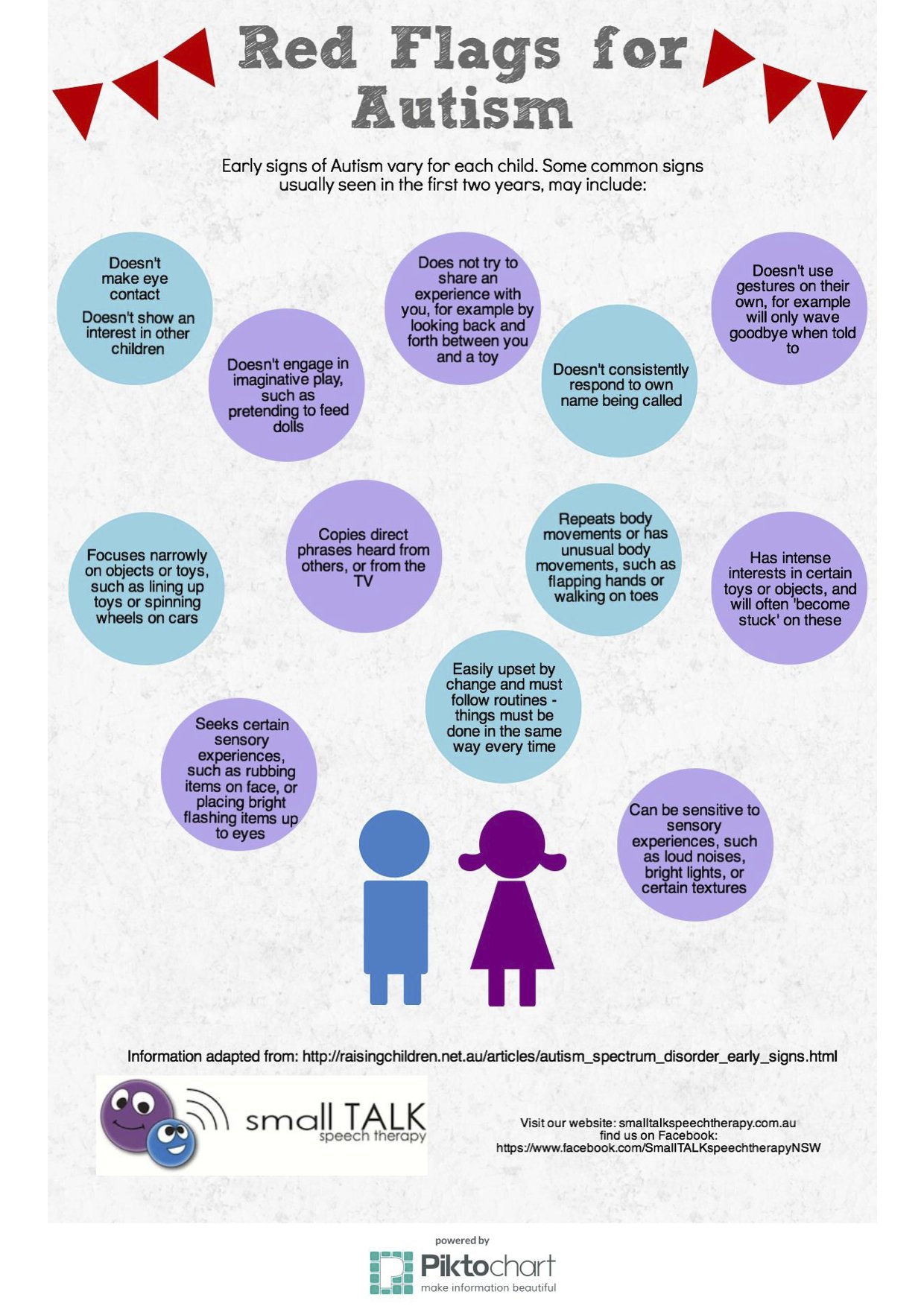
Children’s speech and language development generally follows a set pattern, although there is room for individual variability within this pattern. Reviewing your child’s communication skills, and seeing whether they have met the communication milestones expected for their age, can be a good way to see if the development of their speech and language skills is on track. If you have concerns about your child’s speech and language skills, it is a good idea to see a speech pathologist, who can help you determine whether your child has a delay in their speech or language skills, and give you strategies and professional advice to help with this.
Sometimes, children have a delay in just their communication skills, that is, just their speech and/or language skills. At other times, children have delays in other areas of development, such as their social communication skills, gross or fine motor skills, play skills or may have difficulties processing sensory information, such as noises, sights and smells. It is important to determine whether your child has difficulties in other areas of development also, as this may be indicative of a medical condition, such as Down syndrome, apraxia, Cerebral Palsy or Autism. Knowing if there is a medical condition impacting on your child’s development can help you understand how to best help your child, and can help you access the right professional services (from health professionals such as speech pathologists, physiotherapists or occupational therapists).
A question asked by a lot of our parents is, “does my child have Autism?” Autism is a medical condition which often results in difficulties with social communication skills (such as eye contact, interacting with others), language development and difficulty processing sensory information. Children with Autism may have restricted or repetitive interests. All children with Autism are unique, and have their own sets of strengths and difficulties. However, there are certain “red flags” for Autism, which can be seen as early warning signs that your child may have difficulties with social communication, and may have Autism. Some of these signs include difficulty making eye contact, lack of interest in engaging with peers, repeating words and phrases heard on television, very narrow and repetitive interests, such as watching car wheels spinning, and difficulty with processing sensory information, which may cause your child to be over-sensitive to loud noises, or seek out movement-based activities or seek out bright flashing objects. See our Red Flags for Autism handout below for more early warning signs for Autism.
If you suspect your child has Autism, it is important to discuss these concerns with your GP or paediatrician, who can refer you to health professionals trained in diagnosing Autism. Understanding your child’s diagnosis can help you to better understand their difficulties, and can help health professionals teach skills in a way that is more meaningful to your child.
At small TALK speech therapy, all our speech pathologists are ABA-trained, which is a therapy approach which has been shown to be particularly effective for children with Autism.